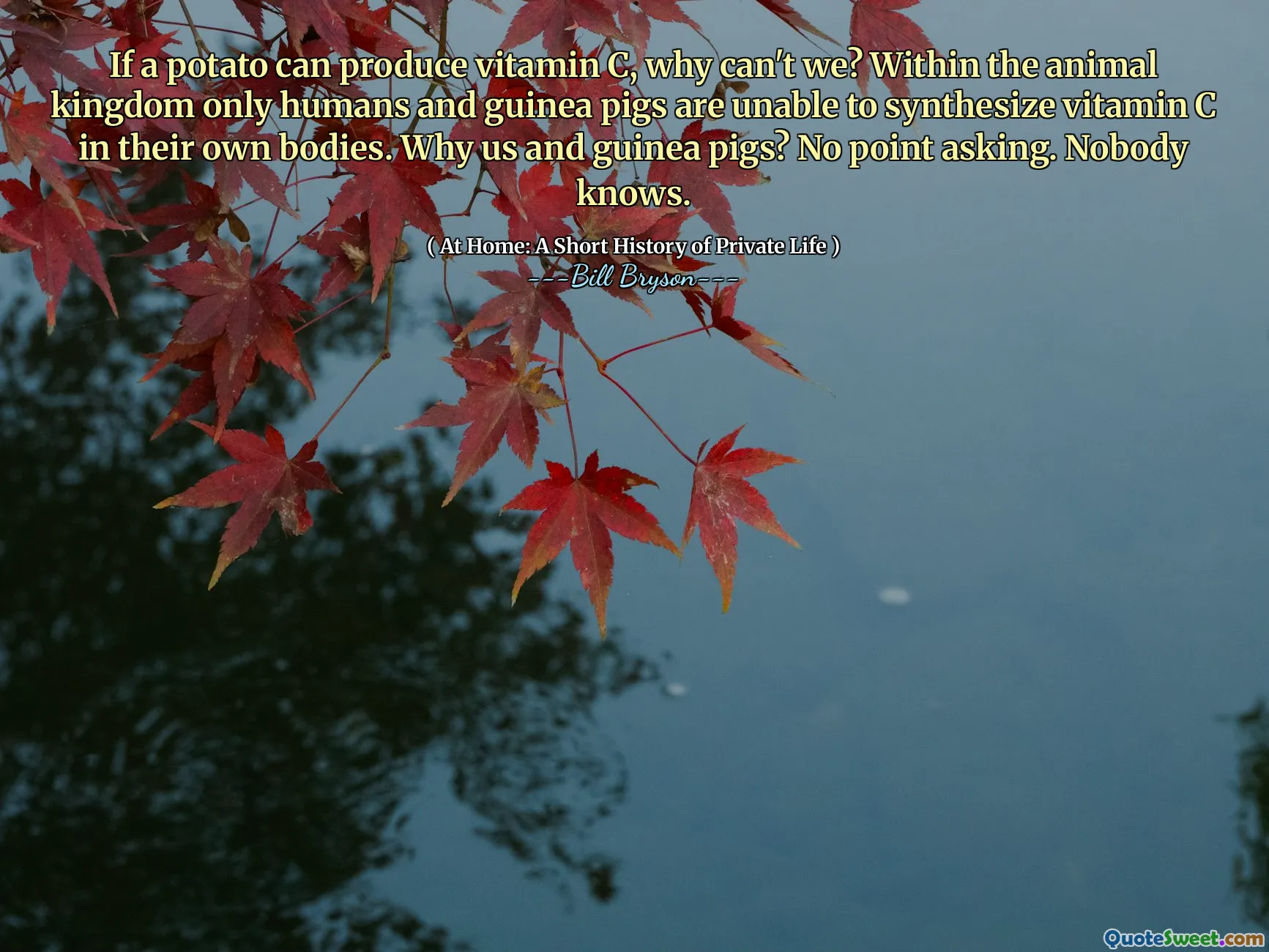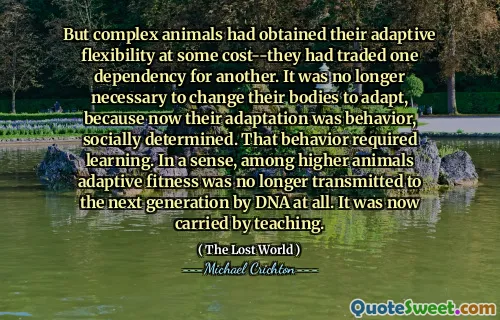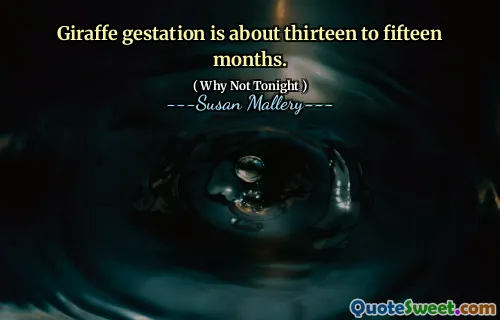
If a potato can produce vitamin C, why can't we? Within the animal kingdom only humans and guinea pigs are unable to synthesize vitamin C in their own bodies. Why us and guinea pigs? No point asking. Nobody knows.
This quote highlights a curious aspect of human biology that sets us apart from most of the animal kingdom. It points out the paradox that while many animals, such as dogs, cats, and even some reptiles, can produce vitamin C internally, humans and guinea pigs have lost this capability through evolution. This loss raises intriguing questions about the nature of biological adaptation and the intricacies of metabolic pathways. We often take for granted that evolution optimizes organism function, but sometimes it appears to abandon certain capabilities, perhaps due to changes in diet, environment, or redundancy.
The mention of potatoes producing vitamin C is a reminder that nature has many diverse strategies for survival. Potatoes, like many plants, synthesize vitamin C themselves, which is essential for their growth and defense. Humans and guinea pigs, however, rely on external sources, predominantly our diets, to obtain this vital nutrient. The reason behind this evolutionary quirk remains a mystery, suggesting that at some point, the metabolic cost of producing vitamin C internally may have become unnecessary due to sufficient dietary intake or other survival advantages. Despite our understanding of biochemistry, the selective reasons for why such a significant change occurred in our ancestors elude scientists.
This quote also prompts reflection on the broader implications of what we don't know in science. Despite centuries of study, there remain many mysteries about our own biology and evolution. It underscores the importance of humility in scientific inquiry and the continuous pursuit of knowledge to better understand ourselves and the natural world. Plus, it encourages a sense of wonder about the complexity of life and the many evolutionary pathways that have led to current species, including ourselves.



